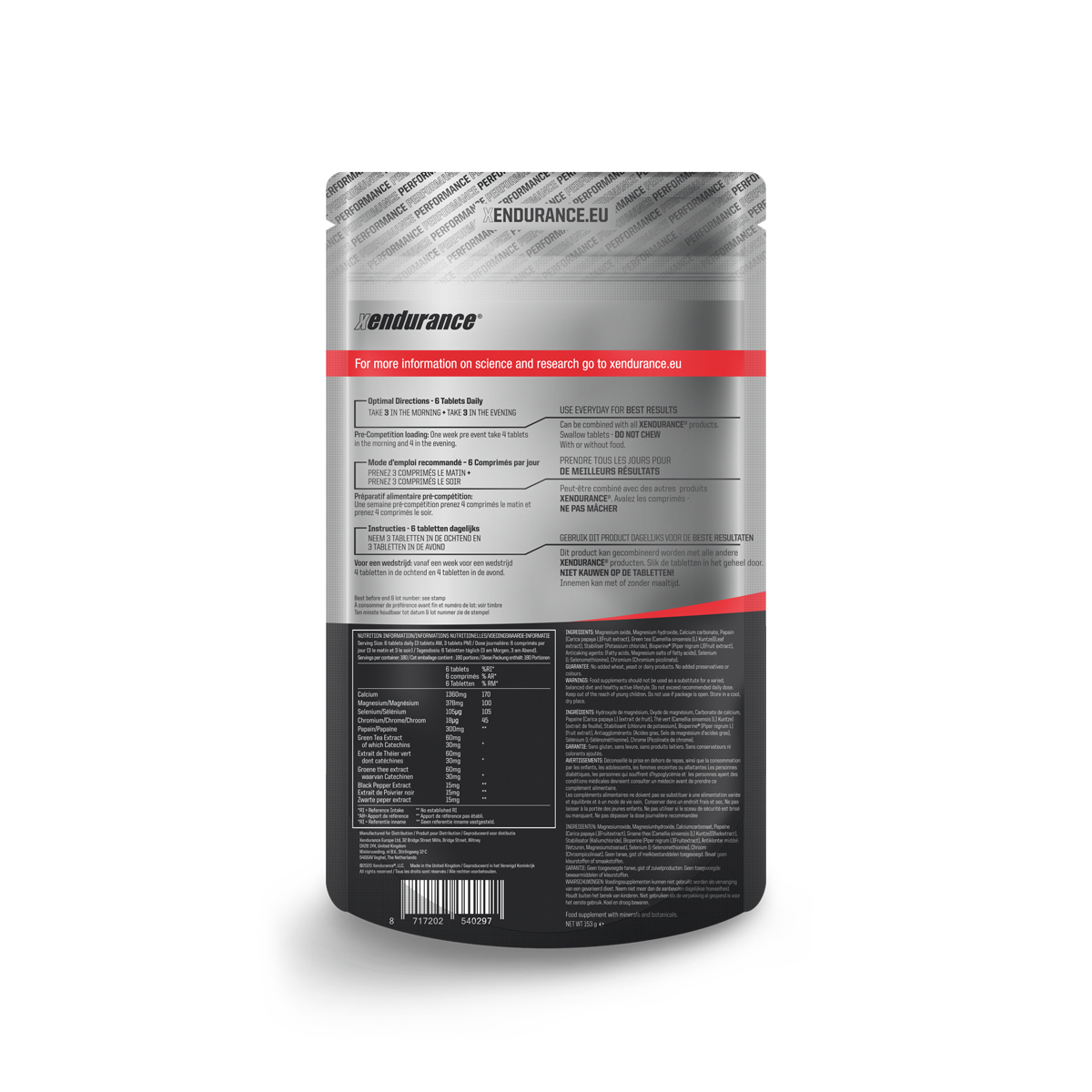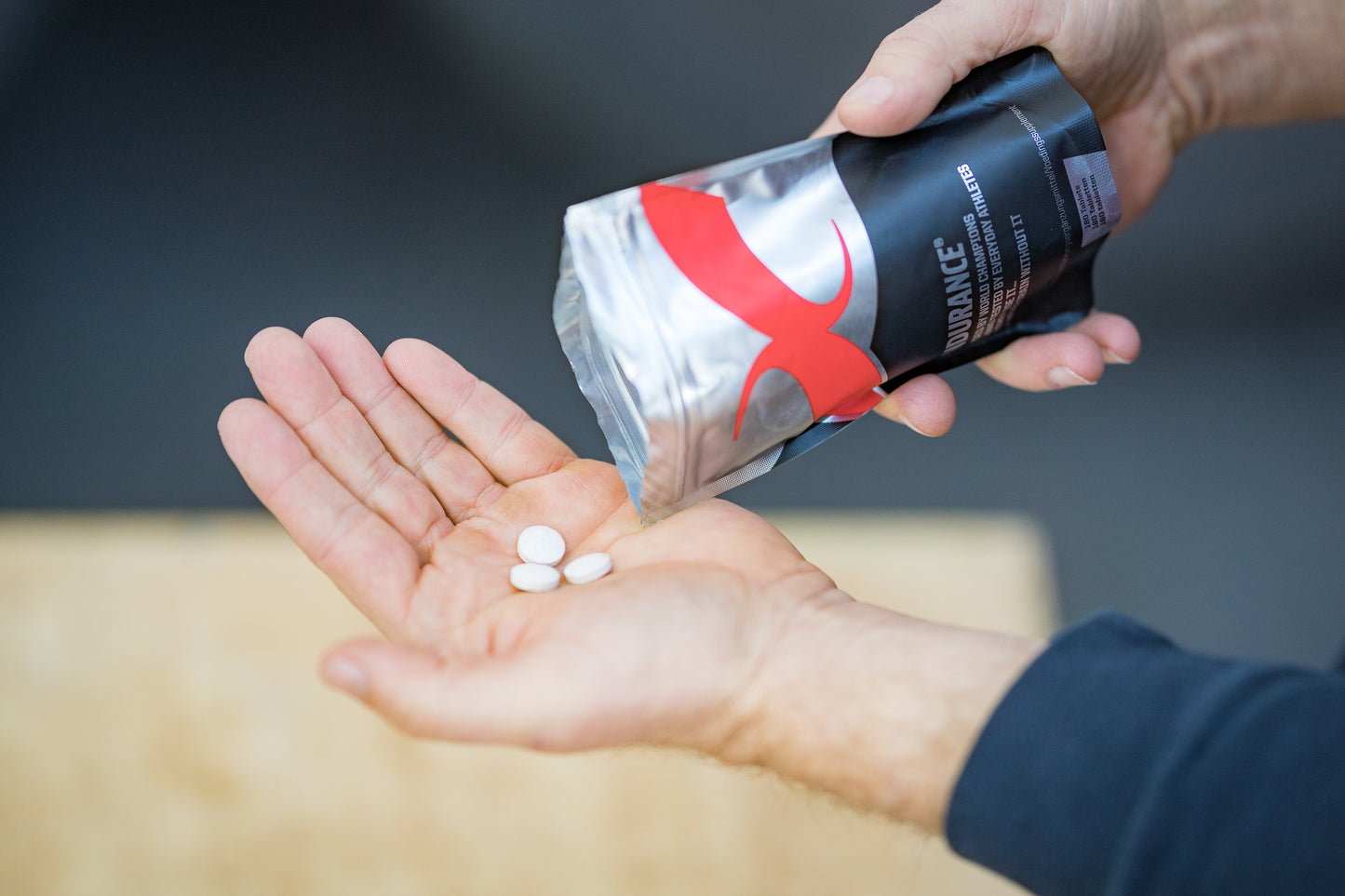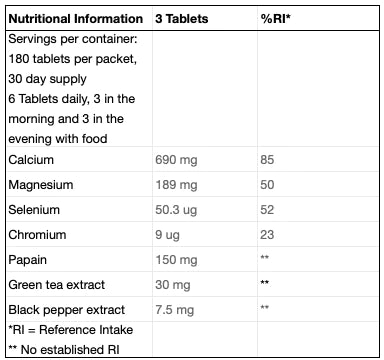Social media often informs us that to be successful:
- we must ‘want it’ more than our competitors; suggesting that desire and MOTIVATION are very important.
- and that we must also be DISCIPLINED because motivation is fickle and will come and go.
- or that we need to ‘embrace the suck’ and the daily ‘grind’ as nothing good comes from staying within our comfort zone.
Wow, this all sounds tough going but it does make for great memes! No mention of enjoyment here and lots of mental effort required to make things happen.
While these maxims may contain an element of truth, my view is slightly different. Successful people, perhaps through desire or in accordance with their self-identity, put processes in place and develop habits that are positive and productive towards the achievement of their fitness or performance goals. HABITS and PROCESSES can be relied upon day after day and week after week; requiring minimal conscious thought or decision making to make them happen. There’s a PLAN, a ROUTINE and therefore a set of training behaviours that simply occur! Consistent training is therefore one huge step closer with minimal mental friction.
Here's my top tips for building positive training habits and processes:
- Surround yourself with others who are following the same path. For example, join a running club or find a training partner or team to train with. Social interactions with people who have similar goals, thoughts and experiences are hugely motivational. Becoming part of a group will also help to shape your sense of normality. If your teammates train at 7pm of a Friday evening rather than heading to the pub, then it will make it easier and more acceptable for you to do the same.
- Develop your identity; see yourself as an athlete and then it is easier to act like one (and vice versa). By becoming an athlete any behaviours that feed into your sense of self will come more easily (such as setting the alarm clock for a 7am pool swim or limiting weekend drinking to ensure you can still execute a good bike ride the following day) and those that don’t (such as eating ultra-processed food or lying in bed until mid-day at weekends) will cause some mental discomfort. Behaviours that feed into your sense of self will come more easily and those that don’t will be discouraged.
- Reduce friction to make your positive habits become easier. For instance, – prepare food in advance and have training kit ready in the boot of the car. Leaving your (indoor) turbo trainer and bike set up is ideal; I would personally find it much more difficult to ride my bike indoors if I had to set it up each and every time. A process that probably only takes 5mins but may leave me with oil on my hands etc… Make those positive training habits as easy as possible.
- Make the triggers for the habits you want to re-enforce very visible. For instance, if you want to use the foam roller or massage gun each evening then leave it in an obvious place that’s visible from where you sit to relax. Similarly leave the yoga mat out if your goal is to do 10-15 mins of stretching or similar. When you see the object related to the task then you’re more likely to do it.
- Plan your training week taking consideration of your other commitments and what is realistically possible. Then commit to a start time for your training sessions, just as you would do at work. Don’t leave it to chance. Simply turning up at your designated start time will go a long way to improving the consistency of your training.
- Consider hiring a Coach and become accountable. This will take away much of the procrastination and decision making. Your goal simply becomes completing the designated session on the designated day.
- Never forget to ENJOY what you do; stay playful, keep learning, and keep challenging yourself. A host of neurochemicals and hormones are released when we exercise, when we meet with others and when we complete challenges (dopamine being perhaps the most often cited). This mix of ‘feel good’ chemicals will provide short term reward for your efforts and help keep you coming back for more.
The majority (if not entirety) of people reading this will not receive monetary reward for training and racing and yet will commit many hours each week to their sport. You deserve to enjoy that time; please make sure you do! Find routine, develop habits and processes to support your sporting endeavours and much of the rest will take care of itself.









